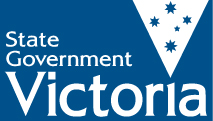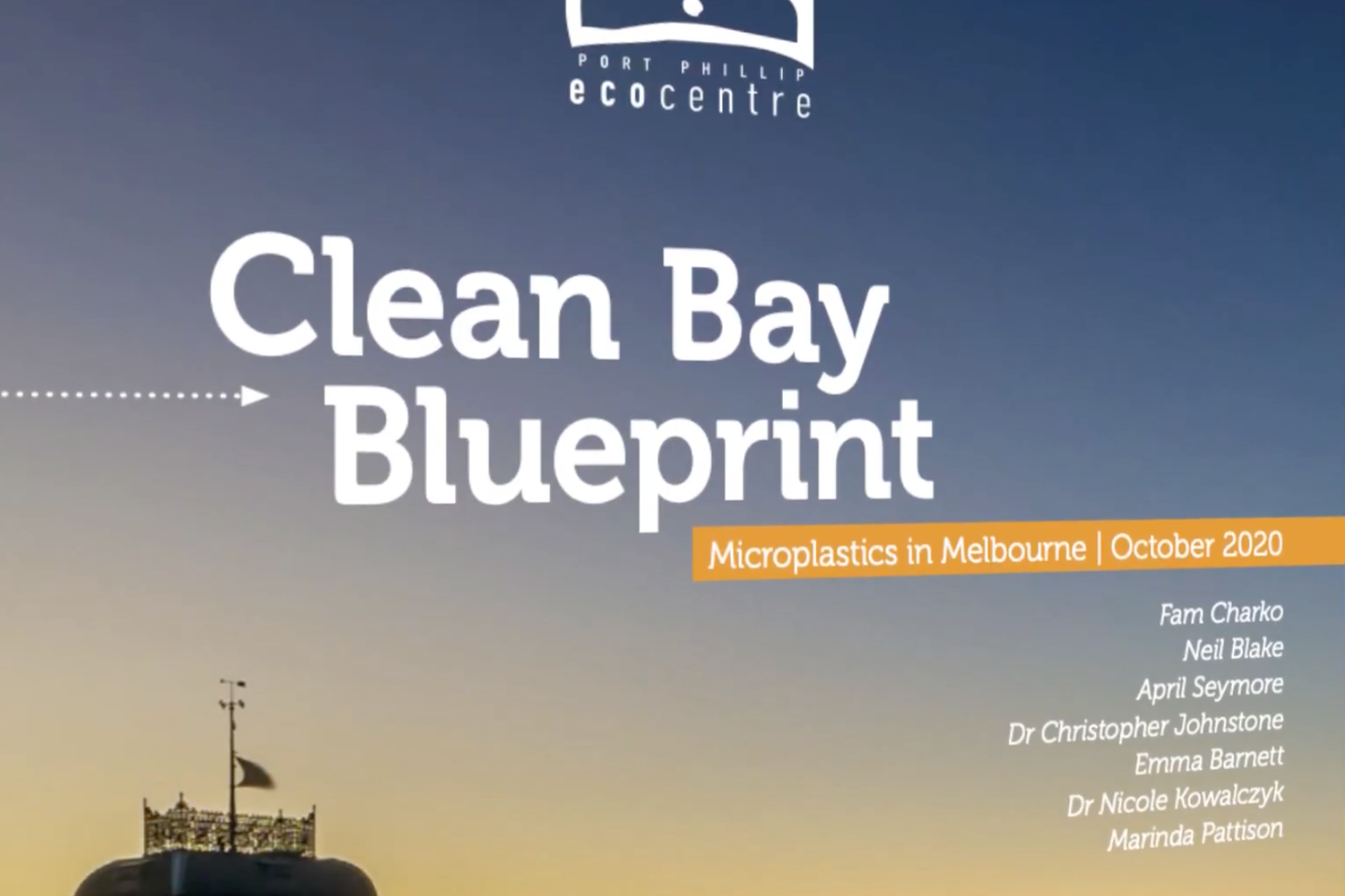Clean Bay Blueprint
About the Project
Clean Bay Blueprint is a three-year litter study conducted between July 2017 and June 2020.

It was a collaborative microplastics research project that enabled us to:
- Conduct of rigorous and replicable methods to quantify plastic pollution through microplastics trawls and beach litter audits.
- Community engagement of citizen science activities.
- Partnerships with other organisations that target litter and Bay health.
Clean Bay Blueprint
Plastic pollution is currently one of Victoria’s largest threats to waterway health. It is a well-documented hazard to marine life in Port Phillip Bay as well as human health and the economy, including tourism.
Clean Bay Blueprint sought to build on the previous success of our Litter Hotspots project, Turn off the Tap, by continuing litter research to provide sound scientific evidence to inform positive change for the environment.
We did this by:
- Continuing our monthly microplastics trawls in the Yarra and Maribyrnong Rivers with the Yarra Riverkeeper Association. We collected 5.5 years worth of data in total. When we started this project, it was the first of its kind in Australia.
- Collaborating with various community groups around the Bay to conduct Baykeeper Beach Litter Audits on 6 Baykeeper reference sites around the Bay.
- Collaborating with Dolphin Research Institute, which conducted litter audits with school groups as part of their education program, and the RMIT Plastics Lab, which analysed caught microplastics for polymer type.
- Collaborating with over 50 organisations throughout the life of the project, to work towards our shared goals.
Media and Previous Reports
1. Rising Rivers of Plastic Polluting Port Phillip Bay (The Age, 1 March 2021)
2. Litter and plastic pollution found in Yarra and Maribyrnong skyrockets (The Australian, 2 March 2021)
3. Tonnes of litter fished from the Yarra every year as native species suffer (The Age, 20 March 2019)
4. Rising tide of plastic choking Port Phillip Bay (The Age, 28 July 2019)
5. Clean Bay Blueprint interim report: Microplastics in the Maribyrnong and Yarra Rivers (2018)
6. Millions of Plastic Pieces Choking Port Phillip Bay (The Age, 27 June 2018)
7. Interview on Radio Marinara (July 2018)
8. Interview on 3CR Community Radio (July 2018)
9. Previous Litter Hotspots project report: Microplastics in the Maribyrnong and Yarra Rivers (2017)
Partners & Funders

The project was sponsored by the Department of Environment, Land, Water and Planning, via the Port Phillip Bay Fund.

We thank the Yarra Riverkeeper Association and Dolphin Research Institute for partnering with us on this project
"Port Phillip Bay is not like the ocean. The litter we find on bay beaches is ours and ours alone. It got there from the suburbs, via the waterways and is not likely to float away elsewhere on the next tide."
Fam Charko, Marine Biologist, Port Phillip EcoCentre


